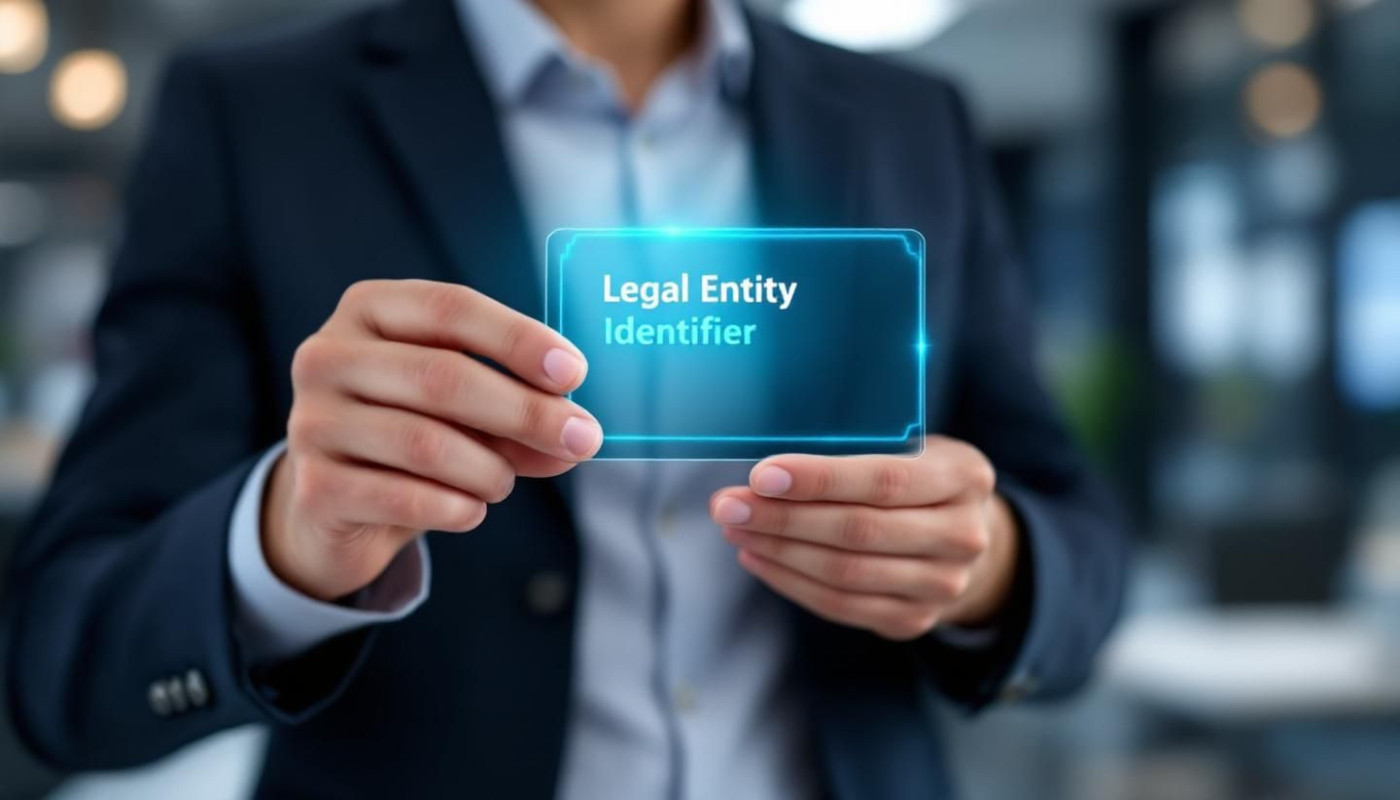Table of contents
In an increasingly interconnected global market, business identification has become a necessity for organizations of all sizes. Securing a Legal Entity Identifier not only ensures compliance but also opens doors to more streamlined operations and enhanced trust among partners. Explore how obtaining this unique code can transform your business strategies and give you a competitive edge in today's dynamic environment.
Understanding the legal entity identifier
The legal entity identifier, commonly abbreviated as LEI, is a unique alphanumeric code designed to provide transparent and standardized entity identification for organizations engaged in financial transactions worldwide. Established following the 2008 global financial crisis, the LEI system emerged to address the need for a unified global standard in tracking legal entities and their participation in financial markets. This initiative enhances transparency, reduces operational risks, and supports business compliance by enabling regulators and market participants to clearly identify counterparties in complex transactions.
An LEI code consists of a 20-character string that is structured according to ISO 17442 standards. It acts as a digital fingerprint, linking entities to their reference data such as official names, registered addresses, and ownership structures. This means that every entity holding an LEI code can be accurately and consistently distinguished from others, regardless of jurisdiction or sector. The implementation of the legal entity identifier across global markets provides a single, authoritative source for entity identification, facilitating regulatory oversight and helping organizations meet business compliance obligations more efficiently. The use of reference data tied to each LEI ensures ongoing data integrity, making the LEI system indispensable for risk management, regulatory reporting, and the advancement of secure international trade.
Enhancing transparency and trust
Adopting an LEI registration significantly elevates transparency within the global business environment, offering a reliable system for verifying the true identity of organizations. This unique identifier enables seamless counterparty due diligence, which is vital for building business trust and safeguarding transactions. When robust LEI frameworks are integrated into daily operations, businesses and regulatory bodies can quickly authenticate the legitimacy of parties involved, thus reducing the risk of fraud and misrepresentation. For instance, financial institutions often utilize LEI data to confirm the authenticity of counterparties before entering high-value agreements or cross-border deals, ensuring that clients work only with verified entities. In regulatory reporting, authorities use LEIs to track financial flows and assess systemic risk, making the market safer for all participants. By facilitating comprehensive entity identification, LEI adoption not only streamlines compliance efforts but also strengthens risk mitigation strategies, reassuring partners and clients that all transactions are both transparent and trustworthy.
Simplifying regulatory compliance
Obtaining a Legal Entity Identifier (LEI) significantly streamlines the process of navigating an ever-evolving regulatory framework. For businesses operating across multiple jurisdictions, regulatory compliance often involves complex reporting obligations and detailed audit trails. An LEI delivers unique, globally accepted identification, enabling financial authorities to track cross-border transactions with greater accuracy and speed. This standardized approach eliminates confusion arising from disparate local identification systems, facilitating seamless adherence to financial regulation in different countries. The LEI benefits organizations by reducing administrative burdens, improving data transparency, and supporting efficient audits. With an LEI, organizations can respond swiftly to regulatory inquiries, maintain consistent and reliable records, and conduct international business with enhanced trust and clarity.
Unlocking business opportunities
Securing a Legal Entity Identifier (LEI) through a straightforward LEI application process unlocks significant business opportunities by facilitating easier navigation of global markets and easing market access. The LEI is recognized worldwide, acting as a trusted identity credential that enhances a company’s credibility when engaging in cross-border transactions, fostering confidence with international partners and financial institutions. This unique identifier is increasingly required by regulatory authorities, enabling streamlined onboarding for various financial services, such as loans, trading accounts, and payment processing. Businesses equipped with an LEI are better positioned to establish trust with clients and stakeholders, accelerating business growth and strengthening global connections. The enhanced transparency and traceability provided by the LEI are especially valued by an international business development director seeking to expand a company’s reach. For further guidance and registration, the official process for obtaining a lei number can be accessed easily online, allowing organizations to take the next step toward international expansion.
Streamlining operational efficiency
Leveraging a Legal Entity Identifier (LEI) significantly enhances operational efficiency by introducing a globally recognized standard for entity verification. An LEI system simplifies data management by eliminating duplicate records and reducing manual reconciliation across multiple databases. This standardization not only accelerates transaction processing but also minimizes the risk of errors attributable to inconsistent or outdated entity information. Internal systems benefit from improved process automation, as workflows can be streamlined with reliable, uniform data, reducing time spent on data validation and compliance checks. Externally, collaborations with partners, financial institutions, and regulators become smoother, as all parties operate from a single source of truth regarding entity identity. For organizations aiming to optimize both internal operations and cross-border transactions, integrating an LEI into their data management framework is a strategic move towards scalable process automation and enhanced operational efficiency.
On the same subject

Expanding Your Nonprofit Impact: Innovative Fundraising Strategies

Benefits Of Buying Wine Futures For Collectors

The Impact Of Online Sports Betting On Chile's Economy

